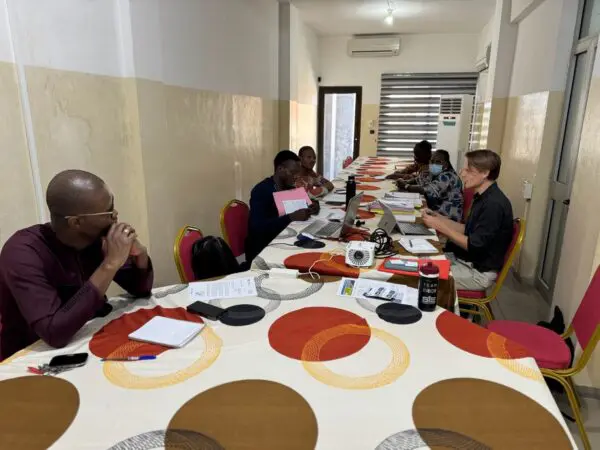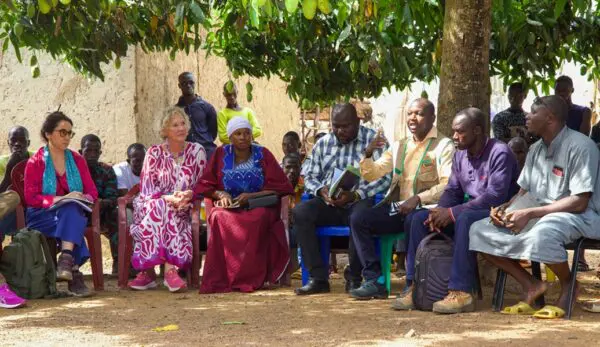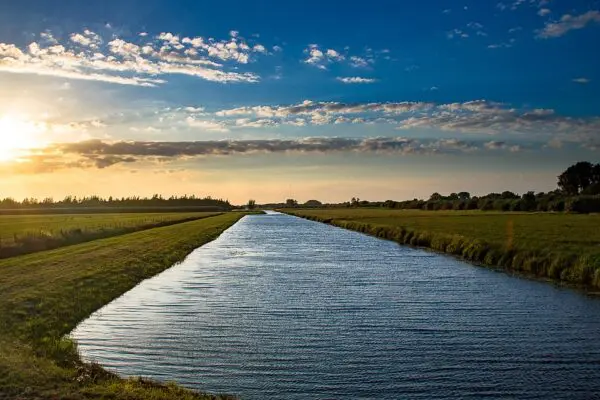Our support options

Since 1993, the Netherlands Commission for Environmental Assessment (NCEA) gives independent advice and support to governments, organisations, and institutes around the world to fully apply environmental and social impact assessment at project and strategic levels.
The Netherlands Commission for Environmental Assessment (in Dutch: Commissie voor milieueffectrapportage) was established in 1987. In 1993, an international unit was added to the Dutch organisation. This unit is funded by the Netherlands Ministry of Foreign Affairs.
Since then, the has NCEA supported over a hundred countries with technical assistance and independent advice on environmental impact assessment and strategic, integrated planning.
Read moreTimeline 30 years of the NCEA developed in 2023. Click on the image for an expanded version.


